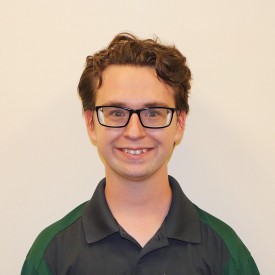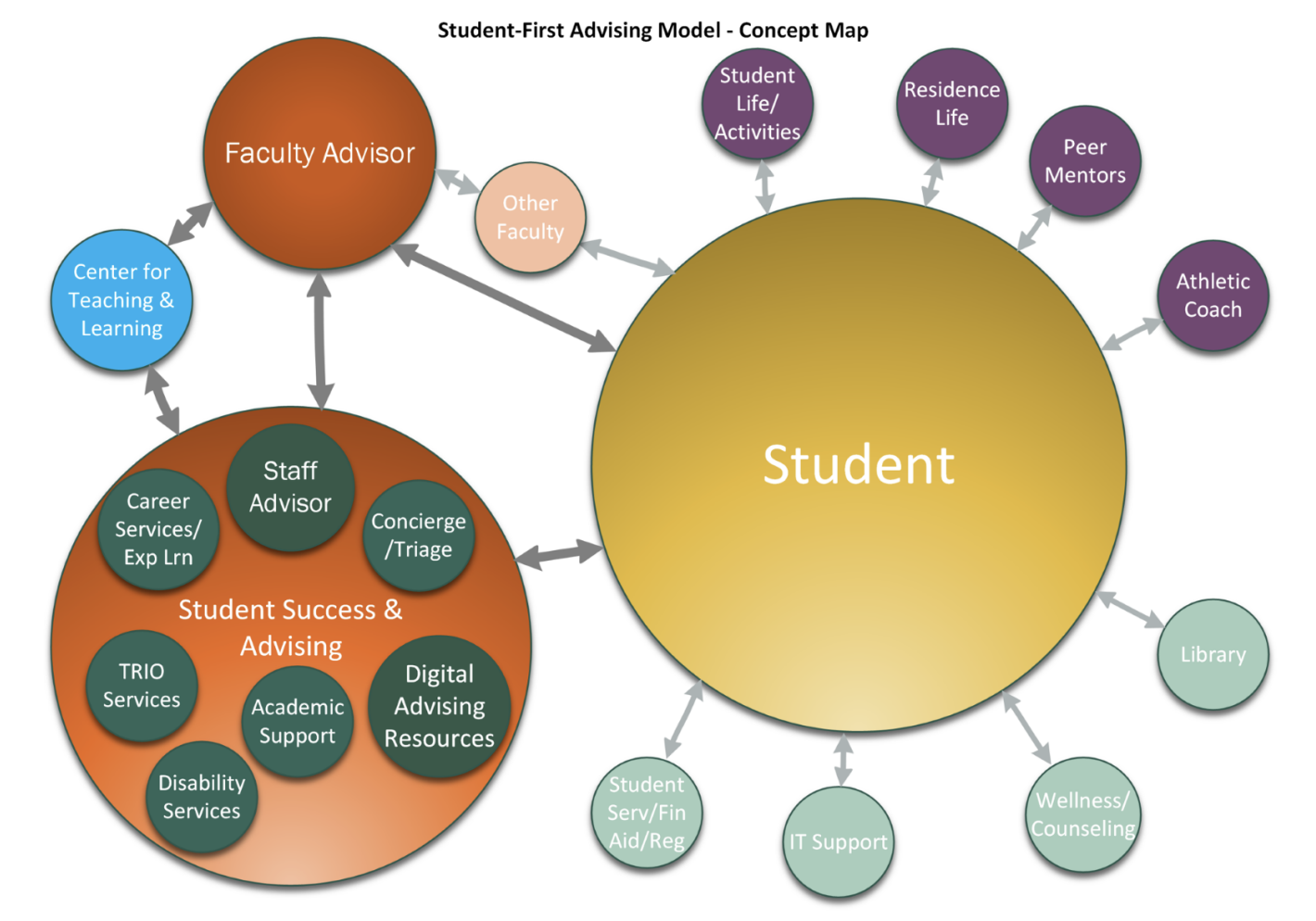The new Connections General Education Program was approved by the Faculty Assembly in October of 2020 by a vote of 85% in favor of adoption.
That’s an amazing fact! If you happen to talk with almost anyone else at any other institution in America and bring up “Gen Ed Reform,” you are likely to hear the word “bloodletting”. Here’s a typical sentence: “The last time we tried to reform Gen Ed, it was a ‘bloodletting.'” (Folks working on Gen Ed and visiting other schools actually heard those exact words a number of times!) That’s also how it was described at Castleton the last time a reform began at the end of the 19990s. In fact, the bad feelings led many a Faculty Assembly Gen Ed Committee to talk in only hushed tones about the need to reform the program. It took a long time, and not everyone agreed with everything, but we managed to reach a productive consensus. Having finished the curricular work, though, now the really difficult work of implementing the program begins.
The truth is that over the years the program had been the repository of many “good ideas” (and some “not so good ones”). So the student experience of Gen Ed was seeming increasingly fragmentary (especially when they reviewed its many requirements). As far as faculty were concerned, when polled in 2015 for the five-year PReCIP report, the majority of faculty respondents rated it as a loose set of requirements as opposed to a program with some coherence. The Gen Ed Committee conducted some basic assessment of views of students about the program and found only mixed satisfaction and sense of its value. The 2015 PReCIP report asserted the need to finally revisit the overall design of the program.
That year, Castleton also applied for a grant from the Davis Educational Foundation to support “integrative learning,” an effort intended to address the broader student experience. Castleton was awarded a three-year grant to support the work. After a self-study in Year 1, the grant steering committee confirmed a plan to focus on the Gen Ed Program as a place to recommend curricular changes in support of integrative learning, alongside other proposals responding to the student experience.
Toward the end of grant’s Year 2, the steering committee sponsored a series of meetings and then a summer faculty forum on Gen Ed in June of 2018. At that forum, the faculty present voted unanimously to approach the Faculty Assembly with a proposal to revisit the program. The Faculty Assembly approved that proposal, and an ad hoc committee was appointed. That committee worked throughout 2018-2019 and brought forward a basic proposal for a new program structure.
The final vote on the structure was delayed by the pandemic until October of 2020 leading to the successful passage of the proposal. It was gratifying for the many, many faculty members who contributed to the project over the course of several years.
In the meantime, a team working, in part, with some of the recommendations of the final Davis Grant report, applied to the US Department of Education for a major Title III grant which was awarded in the fall of 2019. A part of that grant, and the work of the Pathway to Graduation Project, supports the implementation of the new Connections Program with resources ranging from stipends for faculty to staff positions in support of the program.
And, in the meantime, a new initiative was brewing at the VSC-level. VSC Academic Policy 106 dictates that Gen Ed courses taken at one VSC institution must be transferable for equivalent Gen Ed credit at another VSC institution. At that time, transfer equivalencies were determined by individual registrars, but to streamline the process, a proposal was being formed to create a VSC-wide General Education designation system. That system, called the new VSC Areas of Understanding, replaced the former CU Frames of Reference in May 2021.
There have been other major changes proposed at the VSC level, including adding specific learning outcomes to support learning about Diversity, Equity and Inclusion (DEI). Additionally, a committee will soon be called to propose a unified General Education Program for the new combined university. Much more to follow on that, for sure.
This fall, the program is rolling out with the new Connections Seminar 1. This seminar replaces the former First-Year Seminar. Among its changes is the inclusion of the former stand-alone Soundings course as part of the seminar. Additionally, two professors are piloting Connections Seminar 2 which will be taken by the rising class of sophomores next fall. Planning for piloting the culminating Connections Seminar 3 will start soon!



